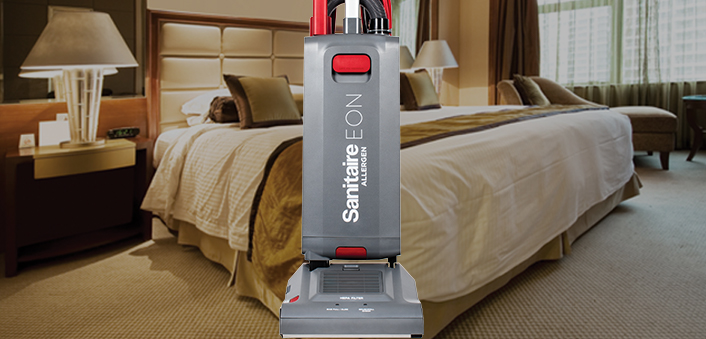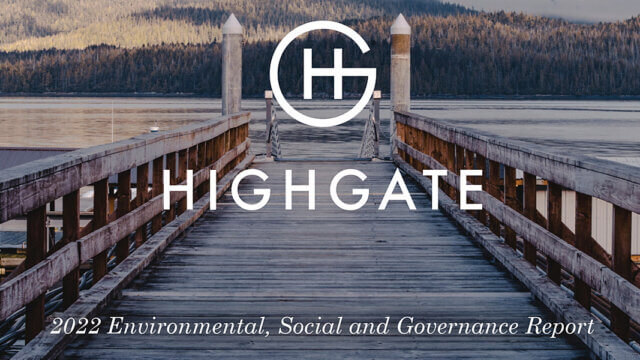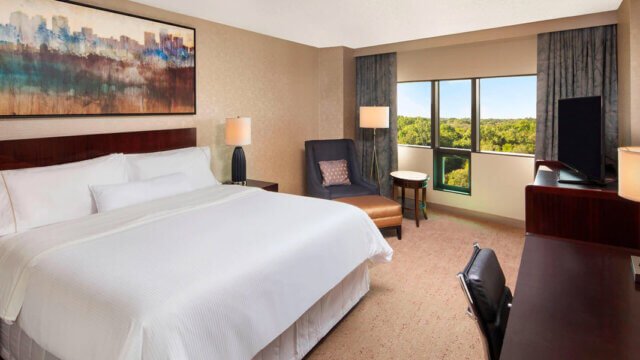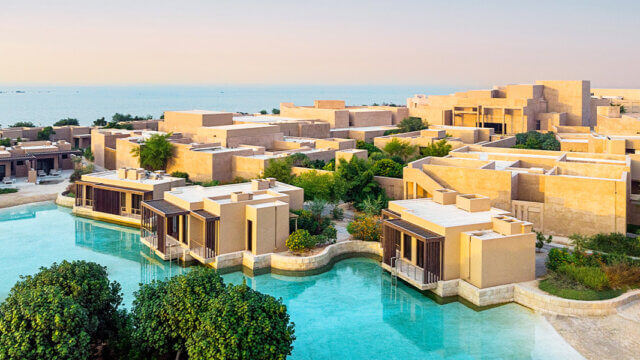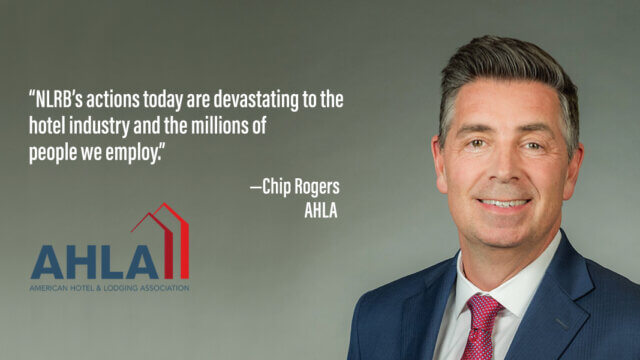NATIONAL REPORT—A recent study by the hotel booking site Trivago found that more than 60% of hotel guests read reviews on Yelp, TripAdvisor, AAA and elsewhere before booking rooms, and that 71% of guests expect “above average” cleanliness ratings when choosing hotels.
Meeting that expectation can be daunting, especially on heavy checkout days. Cleaning rooms of departing guests requires considerably more time than cleaning rooms of stayover guests. A recent time and motion study by Heath and Company Hospitality Advisors found that it took an average of 43 minutes to clean a departing guest’s room — nearly 20 minutes longer than it took for a stayover guest’s room.
To accommodate for this finding, hotel managers should take special care to identify heavy checkout days and set weekly housekeeping schedules that will maximize housekeeping capabilities during these periods. It’s also worth assessing the likely makeup of the hotel’s guest list when creating these schedules. Rooms occupied by leisure travelers, particularly families with children, typically take longer to clean than rooms occupied by a business traveler.
Prioritize the cleaning of rooms of guests who are checking out, so that clean rooms are ready for incoming guests. Guide workflow by providing the housekeeping staff with an up-to-date list of scheduled checkouts, including late checkouts, each morning.
Brad Hoare, product manager for Sanitaire, encourages hotel operators to take special care in ensuring that housekeeping crews avoid disturbing guests. “Excessive noise during cleaning can impact customer reviews. Consider investing in quiet-operating vacuums that meet LEED noise and HEPA filtration requirements for green cleaning,” Hoare said, further noting that a machine such as the Sanitaire® EON™ ALLERGEN upright may help protect and improve your hotel’s online reviews.
The EON™ ALLERGEN has earned the CRI Gold Seal of Approval and can help your crew provide the exceptional clean your guests expect. And because it’s LEED qualified at just 68 dBA, your guests won’t remember hours of loud cleaning when they’re rating their stay online. A sealed HEPA filter also means your guests may recall enjoying a break from sneezing and other allergy symptoms during their stay at your hotel.
Make sure that housekeeping employees are thoroughly trained to operate any new vacuums you purchase. Show them how to change belts, bags and filters as well as how to properly remove clogs. Then have them complete those tasks for you so you know they understand. Also, demonstrate the proper way to operate the machine, including adjusting the height of the vacuum.
Hoare and other hotel management consultants recommend that managers develop a scorecard for each housekeeping employee. Conduct random periodic inspections to ensure that housekeepers follow the hotel’s cleaning policy and meet the hotel’s cleaning standards. Use the scorecard information to reward stellar performers and to offer additional training to those whose work is insufficient.
Incentivize housekeepers to take ownership of their cleaned rooms. William Frey, associate professor of hotel management at Niagara University, suggests that hotel managers encourage housekeepers to take more accountability for their work by leaving signed cards in the rooms they clean. Frey adds that this practice encourages workers to deliver top-notch service and occasionally encourages guests to tip housekeepers for their efforts.
To learn about products that help you meet your guests’ high standard of clean, visit sanitairecommercial.com/eon.
